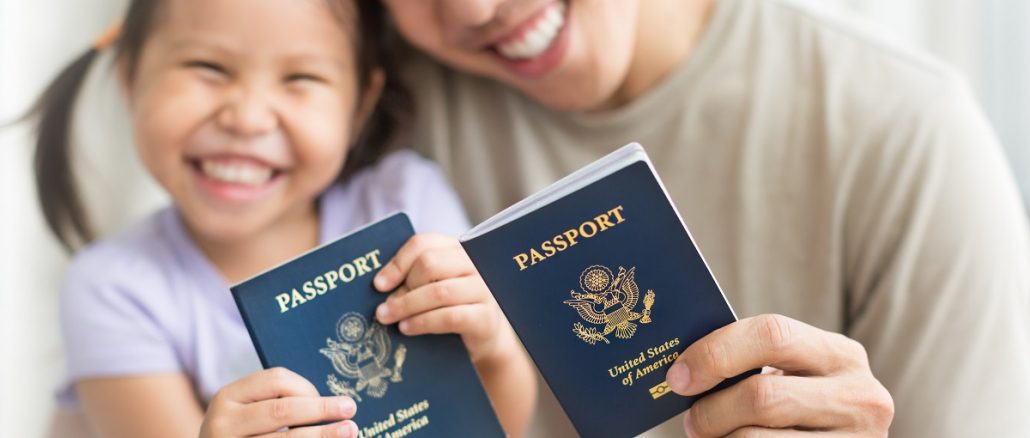
The novel coronavirus or COVID-19 has had an indelible impact on global travel in the year 2020. While the initial travel restrictions focused on China and Chinese passport holders, outbreaks in such countries as South Korea, Iran, Italy, and the United States have caused the situation to escalate. Many if not most international flights have been canceled, and it has become increasingly difficult to travel outside the country of origin.
Jean Danhong Chen, an experienced immigration attorney, explains several of the travel bans that have affected citizens from around the world and gives a global perspective on the coronavirus crisis.
History of the Coronavirus Travel Bans
The first signs that a crisis was brewing for global travel came in early January, 2020. A severe outbreak of COVID-19, or the disease caused by the novel coronavirus, began in the Chinese city of Wuhan in Hubei Province. At first, Chinese authorities were not sure about the magnitude of the disease’s impact.
By January 23, 2020, the Chinese government had put Wuhan in a lockdown where no one in the city was allowed to come or go. People were also restricted to their homes unless shopping for food or other necessities. Non-essential businesses were closed except for food markets and pharmacies.
As the disease spread, the Chinese authorities made draconian decisions regarding quarantining their citizens and placing them in treatment and care centers, sometimes against their will.
While the international community at first regarded these measures as an overreaction, as the disease spread around the globe it became clear that these measures were justified in helping to keep the virus from spreading.
International Bans on Chinese Travelers
As the outbreak continued, several other countries believed that it was necessary to restrict Chinese citizens or anyone who had visited China in the last 14 days from international travel. The United States required that all of its citizens returning from China enter a 14-day quarantine. Chinese citizens were also prohibited from traveling on cruise ships.
Unfortunately, these bans and restrictions led to xenophobic behaviors and actions among members of the international community. In many locations, Asian residents were discriminated against by their peers. President Trump’s insistence on calling COVID-19 the “Chinese virus” was certainly not helpful and led to discriminatory and racist actions.
Escalation of Global Restrictions
As the virus spread throughout the international community, travel bans began to encompass other countries as well as China. The United States government began to issue travel advisories against countries like Iran, Italy, and South Korea, where the disease was also gaining a foothold.
The United States gradually added countries to its travel ban, including China, Iran, the European Schengen area, the United Kingdom, and Ireland.
Travel bans do not apply to United States citizens and green card holders, but there are so few international flights remaining, it is difficult for these residents to get home. International travelers coming from high-risk areas also must fly into one of 13 designated airports with proper screening facilities.
These screening airports had significant problems with overcrowding and long lines when these procedures went into effect, but reportedly, these lines are now shorter and social distancing has been put into place.
Border Closures
As of March 23, 2020, European and Asian countries as well as the Canadian and Mexican borders with the United States had been closed to all but business traffic. This is an unprecedented move that is causing significant disruption to the economy in these countries.
Economic Impacts
Globally, COVID-19 is having a serious impact on the economy. Non-essential businesses like retail shops and workplaces have been closed by local and state orders, causing incredible losses in wages and revenues. Many small businesses like restaurants and retail shops are likely to close permanently thanks to these restrictions, causing a potential loss of millions of jobs in the United States alone.
This situation has caused severe drops in the stock market in many countries, possibly pointing toward a global recession.
Containing the Virus
Many countries around the world have had difficulty containing the number of infected persons. South Korea’s model of widespread testing for the disease shows promise, but a sufficient number of tests are not available to make the protocol work in other countries. In the United States, tests are generally only performed if the patient is experiencing severe symptoms or if the patient has had documented exposure to someone who tested positive for the disease.
An Escalating International Situation
Now that the rest of the world has begun to catch up to China in terms of coronavirus cases, travel restrictions are not focused solely on Asian countries. With border closures and air travel bans around the world, it is extremely difficult for citizens of every country to travel internationally.
Since the number of new cases is dropping off in China and some restrictions are beginning to be lifted on free movement, it is hoped that global travel restrictions will eventually be lifted. Jean Danhong Chen and other immigration attorneys will be there to support the international Chinese community as the circumstances surrounding the coronavirus continue to evolve.

Be the first to comment